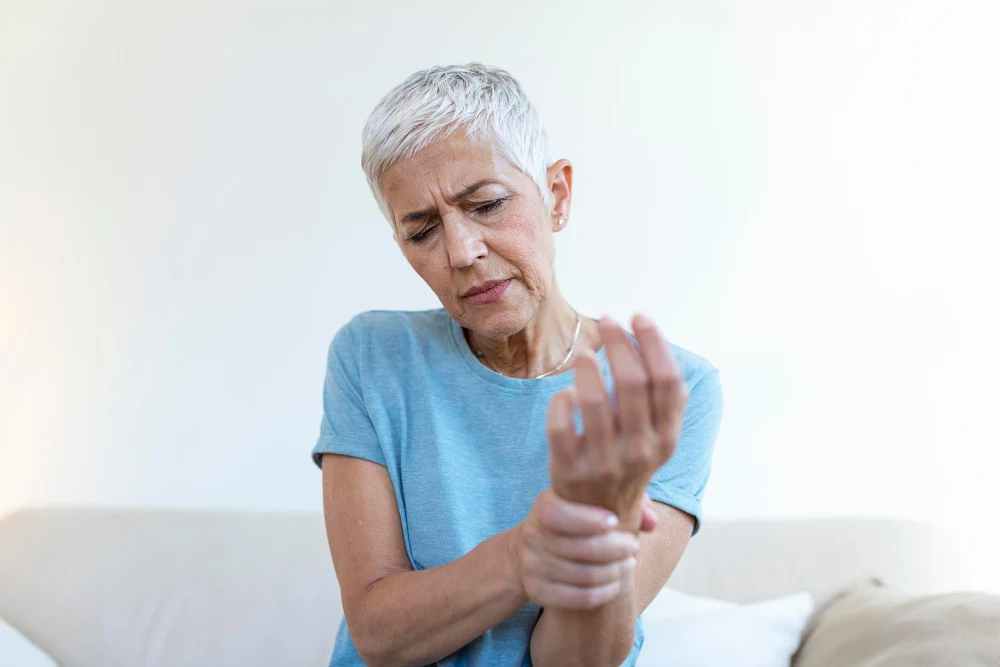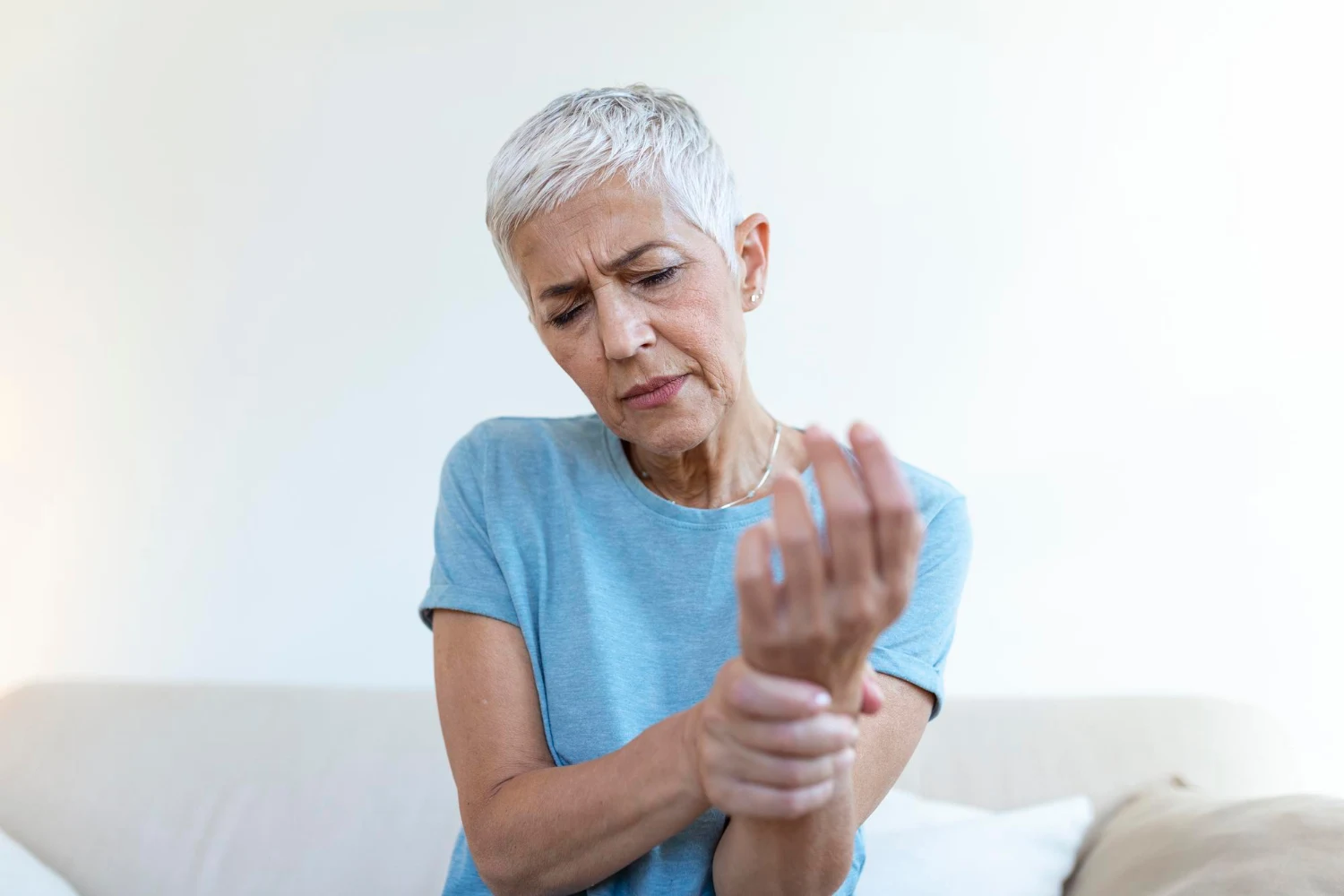Understanding Peptic And Stomach Ulcers
Category: General medicine
Peptic and stomach ulcers are painful sores that develop on the lining of the stomach, the upper part of the small intestine (duodenum), or sometimes the esophagus. These ulcers occur when the protective layer of mucus that shields the digestive tract from stomach acid is weakened, allowing the acid to damage the tissue.
Commonly referred to as gastric ulcers or peptic ulcers, these conditions can cause discomfort, pain, and digestive issues that affect daily life. Symptoms may include burning stomach pain, bloating, nausea, and indigestion, and in severe cases, ulcers can lead to bleeding or other complications.
Peptic ulcers can arise due to infection with Helicobacter pylori bacteria, prolonged use of certain painkillers (NSAIDs), excessive stress, or lifestyle factors such as smoking and alcohol consumption. The good news is that with timely diagnosis and proper management, most ulcers can be effectively treated, and complications can be avoided.
If you experience persistent or severe stomach pain, it is important to consult the gastroenterology specialists at Lokmanya Hospital, where experienced doctors provide accurate diagnosis, treatment, and ongoing care tailored to your needs.
In this blog, we will explore everything you need to know about peptic and stomach ulcers, including their symptoms, causes, treatment options, and the best drinks and dietary choices that help manage and soothe ulcers.
Definition & Symptoms of Peptic and Stomach Ulcers
What is a Peptic Ulcer?
A peptic ulcer is a sore that develops in the lining of the stomach, the upper part of the small intestine (duodenum), or the lower esophagus. These ulcers occur when the protective mucus lining is compromised, allowing stomach acid to irritate and damage the tissue.
What is a Stomach Ulcer?
A stomach ulcer, also known as a gastric ulcer, specifically forms in the lining of the stomach. It is a type of peptic ulcer and often causes pain in the upper abdomen, especially after meals.
Symptoms of Peptic and Stomach Ulcers
Common symptoms include:
- Burning or gnawing pain in the stomach, often felt between meals or at night
- Bloating and feeling of fullness
- Nausea or vomiting
- Loss of appetite and unintended weight loss
- Indigestion or heartburn
- In severe cases: vomiting blood or black, tarry stools, which may indicate bleeding ulcers
Recognizing these symptoms early is important. Persistent or severe signs should be evaluated by a specialist, such as the gastroenterologists at Lokmanya Hospital, to prevent complications and ensure proper treatment.
How to treat peptic ulcer and Stomach Ulcers
Peptic and stomach ulcers can be effectively managed with proper medical care, lifestyle adjustments, and dietary considerations. Early treatment not only relieves symptoms but also prevents complications like bleeding, perforation, or obstruction.
1. Medications
Doctors may prescribe medications based on the cause and severity of the ulcer:
- Proton Pump Inhibitors (PPIs): Reduce stomach acid production and promote healing.
- H2-Receptor Blockers: Help lower acid levels in the stomach.
- Antibiotics: If the ulcer is caused by Helicobacter pylori (H. pylori) infection, a course of antibiotics will be necessary.
- Antacids: Provide short-term relief by neutralizing stomach acid.
2. Lifestyle and Dietary Management
Certain habits and dietary changes can support healing and reduce ulcer recurrence:
- Avoid spicy, acidic, and oily foods that may irritate the stomach lining.
- Limit alcohol consumption and quit smoking, as both can worsen ulcers.
- Eat smaller, more frequent meals to reduce stomach acid buildup.
- Manage stress through meditation, yoga, or relaxation techniques.
3. Drinks That Are Good for Ulcers
Some beverages can soothe the stomach and aid healing:
- Water: Keeps the digestive system hydrated and healthy.
- Herbal teas: Chamomile, ginger, and licorice teas may reduce irritation.
- Aloe vera juice: Known to soothe the stomach lining.
4. Regular Monitoring and Follow-Up
Patients with peptic or stomach ulcers should have regular check-ups to monitor healing and ensure the ulcer is responding to treatment. In severe or complicated cases, doctors at Lokmanya Hospital may perform endoscopic examinations to assess the ulcer directly.
With timely treatment and proper care, most stomach ulcers can be cured, and complications can be prevented.
Prevention Tips for Peptic and Stomach Ulcers
While medical treatment is essential for healing existing ulcers, adopting preventive measures can significantly reduce the risk of developing new ulcers or recurrence.
1. Maintain a Balanced Diet
- Eat foods rich in fiber, vitamins, and minerals to support digestive health.
- Avoid excessive spicy, acidic, or fried foods that can irritate the stomach lining.
- Include fruits, vegetables, and whole grains in your daily diet.
2. Limit NSAIDs and Painkillers
- Frequent use of nonsteroidal anti-inflammatory drugs (NSAIDs) like ibuprofen can damage the stomach lining.
- Take medications only as prescribed, and consult your doctor for alternatives if needed.
3. Avoid Smoking and Alcohol
- Smoking increases stomach acid production and slows healing.
- Alcohol can irritate the stomach lining and worsen ulcer symptoms.
4. Manage Stress Effectively
- High stress levels can exacerbate ulcer symptoms.
- Incorporate relaxation techniques, meditation, or yoga into your routine.
5. Regular Medical Check-Ups
- If you have a history of ulcers or digestive issues, regular consultations with a gastroenterologist are essential.
- The specialists at Lokmanya Hospital can provide guidance, screenings, and preventive advice to keep your digestive system healthy.
6. Monitor Symptoms and Act Early
- Don’t ignore persistent stomach pain, nausea, or bloating.
- Early intervention can prevent complications such as bleeding or perforation.
Why Choose Lokmanya Hospital for Ulcer Treatment
Lokmanya Hospital stands out for its advanced gastroenterology department, offering expert diagnosis and comprehensive treatment for all types of ulcers and digestive disorders. The hospital’s multidisciplinary team of experienced gastroenterologists, supported by state-of-the-art diagnostic technology such as endoscopy, imaging, and laboratory testing, ensures accurate detection and effective treatment. Each patient receives a personalized care plan tailored to their condition and lifestyle, promoting faster recovery and long-term digestive wellness.
With a strong focus on holistic healing, Lokmanya Hospital goes beyond medication by providing dietary guidance, stress management support, and regular follow-ups to ensure complete recovery and prevent recurrence. Combining medical excellence with compassionate care, the hospital prioritizes patient comfort, safety, and overall well-being at every stage of treatment.
Conclusion
Peptic and stomach ulcers are highly treatable when diagnosed early and managed with the right medical care. With timely consultation, expert guidance, and the correct combination of medication and lifestyle modifications, patients can experience significant relief from pain and prevent further complications. Recognizing the early symptoms, such as burning stomach pain, bloating, or nausea, and seeking professional help is the key to effective recovery.
At Lokmanya Hospital, our team of skilled gastroenterologists provides precise diagnosis, advanced treatment, and ongoing support to restore your digestive health. We focus not only on healing but also on preventing recurrence through personalized care and patient education. Trust Lokmanya Hospital to guide you toward a healthier, pain-free life and lasting digestive well-being.
Frequently Asked Questions (FAQs)
1. Are peptic ulcers and stomach ulcers the same?
Not exactly. A peptic ulcer refers to any ulcer in the stomach, duodenum, or esophagus. A stomach ulcer, also called a gastric ulcer, specifically forms in the stomach lining.
2. What causes peptic ulcers?
Most ulcers are caused by H. pylori bacterial infection or long-term use of NSAIDs. Other factors include stress, smoking, and excessive alcohol consumption.
3. Can peptic ulcers heal on their own?
Some mild ulcers may heal temporarily, but without proper treatment, they often recur. Medical treatment is essential to prevent complications.
4. What foods should I avoid if I have a stomach ulcer?
Avoid spicy, acidic, and oily foods, caffeine, and alcohol as they can worsen irritation and delay healing.
5. How are ulcers diagnosed at Lokmanya Hospital?
Doctors may recommend tests such as endoscopy, blood tests, urea breath tests, or stool tests to detect H. pylori infection and assess ulcer severity.
6. How long does ulcer treatment take?
Most ulcers begin to heal within 4–8 weeks with proper medication and lifestyle changes. Severe cases may require longer treatment.
7. Can ulcers come back after treatment?
Yes, ulcers can recur if risk factors persist. Regular follow-ups at Lokmanya Hospital and maintaining a healthy lifestyle can prevent recurrence.
Previous blog







